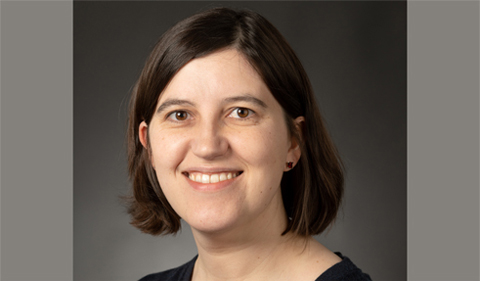Dr. K. Jean Forney, Assistant Professor of Psychology at Ohio University, co-authored a journal article on “Examining similarities in eating pathology, negative affect, and perfectionism among peers: A social network analysis” in Appetite.
Abstract: Friends tend to be more similar than non-friends (i.e., exhibit homophily) in body image concerns and disordered eating behaviors. These similarities may be accounted for by similarities in eating disorder risk factors and correlates. The current study sought to replicate findings of homophily for eating pathology using social network analysis and to test if similarity in eating pathology is present above and beyond homophily for eating disorder risk factors and correlates. College students (n = 89) majoring in nutrition completed a social network assessment and measures of eating pathology (i.e., body dissatisfaction, binge eating, restricting, excessive exercise), negative affect, and perfectionism. Homophily for eating pathology, negative affect, and perfectionism were tested as predictors of friendship ties using exponential random graph modeling, adjusting for gender, year in school, and body mass index. Results did not support homophily for eating pathology. However, restricting was associated with a lower likelihood of friendship ties. Homophily was present for perfectionism, but not for negative affect. Results suggest that eating pathology may influence the propensity to form friendships and account for previous findings of homophily in the literature. Homophily for perfectionism may have also driven previous findings for homophily. More longitudinal work using social network analysis is needed to understand the role that personality plays in peer influences on eating pathology.



















Comments